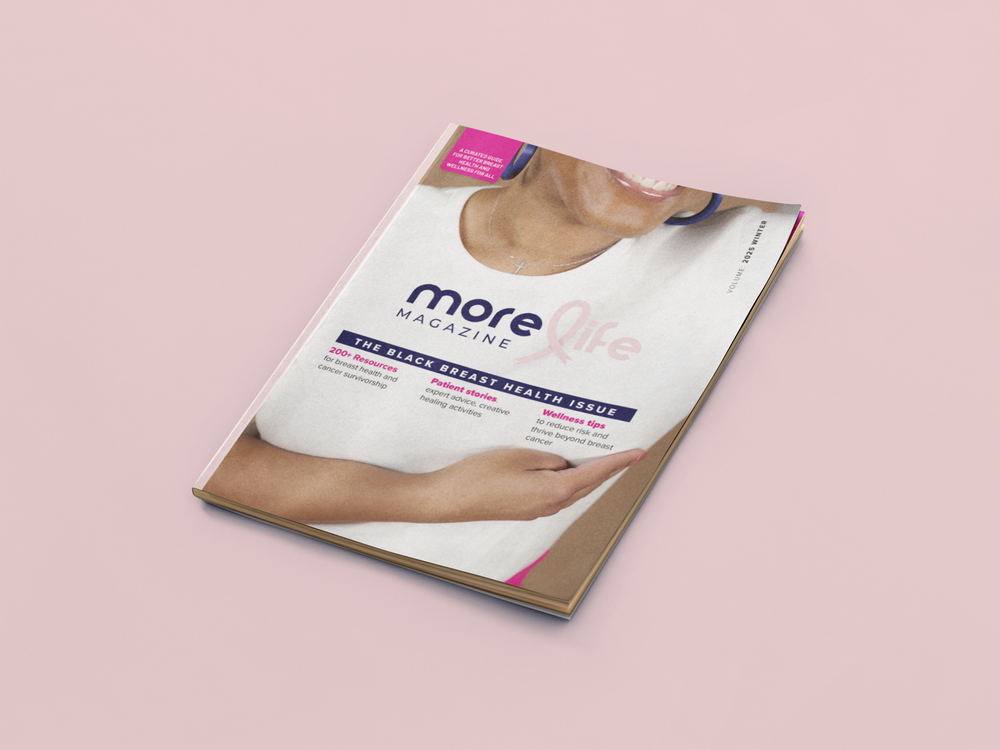Written by Valencia Robinson
In March 2018, Andrea Downing, a moderator for a Facebook support group for cancer survivors and those at risk for cancer, started worrying about how private their information really was. After a big data breach at Facebook, she began digging into how Facebook handles data in groups. She discovered a security problem that could potentially expose personal information in closed groups, like the one she managed. Concerned, she reached out to cybersecurity expert Fred Trotter, who confirmed that this issue could affect many support groups on Facebook and could be dangerous if not fixed.
Andrea and Fred then gathered a team of cybersecurity experts and patient advocates to protect not just their group, The BRCA Sisterhood, but other online support groups as well. They were worried that if people’s private health information was leaked, it could lead to serious consequences, like losing jobs or health insurance. They also feared that this information could be misused to harm people.
To address these concerns, they organized a meeting in 2019 with leaders from various support groups and healthcare experts. This meeting led to the creation of The Light Collective whose mission is to advance the collective rights, interests, and voices of patient communities in health technology. They seek a future where the role of patients is recognized, valued, and supported on equal footing with technology developers.
What are your digital patient rights
Your digital patient rights are essential to ensure that your personal health information (PHI) is protected and used responsibly. Here are some key things to know about your digital patient rights:
- Access to Medical Records: You have the right to access your medical records and history. You can request copies of your digital health records, such as test results, treatments, and doctor's notes, in both paper and electronic formats.
- Privacy and Confidentiality: Your medical records are protected by laws like HIPAA (Health Insurance Portability and Accountability Act), which ensure that your PHI is kept confidential and cannot be shared without your explicit permission, except in specific cases required by law.
- Control Over Your Information: You have the right to control who sees or uses your medical information. You'll often need to give consent before your information is shared with healthcare providers or insurance companies, so it’s important to read these consent forms carefully.
- Sharing Data for Research: Your health data may be shared for research or to improve healthcare services, but only with your explicit consent. Again, it's important to read these requests thoroughly before agreeing.
- Security of Digital Health Portals: Many healthcare providers offer digital portals for accessing records, scheduling appointments, and communicating with doctors. These portals are secure, but you are responsible for protecting your login information to safeguard your PHI.
- Responsibility to Protect Information: You play a role in protecting your digital health information. This means using strong passwords, logging out of portals after use, and being cautious about sharing personal information online.
How to share your story online safely
With more patients sharing their health journeys online, it’s important to be aware of the risks:
- Persistence of Online Posts: Even if deleted, posts may be archived, screenshot, or saved, and could remain accessible in the future.
- Search Engine Indexing: Over time, posts may be indexed, making them discoverable by future employers, insurers, or others.
- Potential Misuse: Companies or malicious actors could misuse publicly shared health data, leading to targeted ads, scams, or even discrimination.
- Platform Privacy Settings: Familiarize yourself with privacy settings on social media platforms and restrict who can see your posts to reduce the risk of your information being accessed by unintended parties.
Artificial Intelligence (AI) in Healthcare
As AI (artificial intelligence) becomes more common in healthcare, it's important that patients are aware of the use of it in their healthcare. AI tools can help doctors and improve healthcare, but if patients' voices are not heard, these tools may not meet patients' needs or could even make existing problems worse.
The Light Collective works to ensure that AI systems are safe, fair, and respect patients' rights. As we are working with technology developers, we are asking for the following terms to be considered:
- Data Transparency: Patients should be informed about how their data is used in AI systems, including who has access, how personal identifiers like names, addresses, and social security numbers are removed to protect privacy, and for what purposes the data is used. This would establish the requirement for clear, understandable explanations about AI's role in decision-making processes that affect patient care.
- Auditing for Safety and Fairness: AI systems should be regularly audited to ensure they are accurate, safe, and fair. Patients and patient advocacy groups should demand ongoing oversight, ensuring that AI tools continue to meet ethical standards throughout their use in healthcare.
- Patient Involvement in AI Design: Patients should be involved in the design and testing of AI tools to ensure they reflect patient priorities and values. By engaging patient advocacy groups and individuals with lived experiences, AI developers can ensure that tools are designed with patient priorities in mind, respecting their values and needs.
- Rigorous AI Testing: AI tools must be thoroughly tested in real-world scenarios to ensure they perform safely and effectively across diverse patient populations.
- Equal Access to AI: AI technologies should be accessible to all patients, regardless of location, income level, or digital literacy.
- Human Oversight of AI: AI should enhance, not replace, human decision-making, with clinicians involved in interpreting AI outputs and making final care decisions.
How to Advocate for Your Digital Rights
You can protect your digital rights by staying informed about how your health information is being used, especially when introduced to new technologies. Ask questions, demand transparency, and get involved in discussions about how your data is used. By working together, patients and patient communities can help shape a future where health technologies are used responsibly and for the benefit of everyone.
The Light Collective is building a network of support groups and patient communities, all working together to ensure that health technologies are safe and fair for all. You’re invited to join this important work, helping to create a healthier, safer environment for everyone who relies on online support groups for their health and well-being. To learn more visit lightcollective.org.
We want your feedback!
Did you learn something helpful or find a new resource? Tell us how we're doing by completing a short 5-question survey and get the chance to win a $25 Amazon gift card.
Take the Survey







